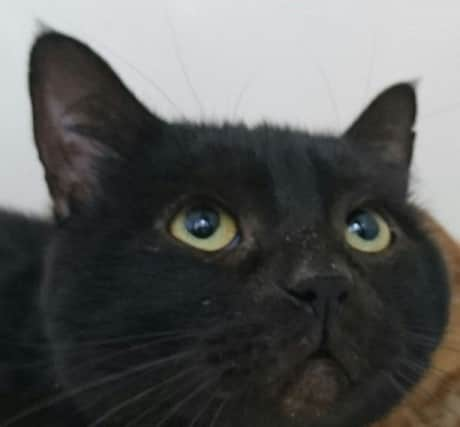Cat crisis as population grows across the Skegness area


The branch is struggling with a growing stream of cats coming into care which have been abandoned by their owners or have been rescued by RSPCA inspectors.
Becky Harper, Lincolnshire RSPCA inspector said: “Sadly, 2016 has been a massive step backwards with regard to cat population, and all local charities and vets are struggling to cope.”
Advertisement
Hide AdAdvertisement
Hide AdThe factor which leads to the growing cat population concerns lack of neutering by pet owners.
A spokesman for the RSPCA East Lincolnshire branch said: “For several years now we have been trying to put procedures and schemes into place to encourage and facilitate cat neutering, to prevent the types of problems we are seeing this year.
“It makes us sad that in 2016 people still don’t understand how vital neutering your cat is.”
Pet owners are encouraged to neuter cats in order to try to control the increase in cat population caused by unwanted pregnancies.
Advertisement
Hide AdAdvertisement
Hide AdAn RSPCA spokesman said: “Some pet owners may also not realise that cats can get pregnant from four months of age, and that is when they need to be neutered to stop unwanted pregnancies.”
Charities such as the RSPCA East Lincolnshire branch are struggling to find space for cats in their care.
Insp Harper added: “Social media shows a stream of unwanted cats and kittens.
“We constantly see people unhappy that charities are unable to take in healthy cats that people have found straying, that are having kittens in their gardens, that are no longer wanted, and that have been bred by accident.”
In 2016, RSPCA East Lincolnshire have re-homed more than 150 cats and kittens, and have around 30 more in their care.